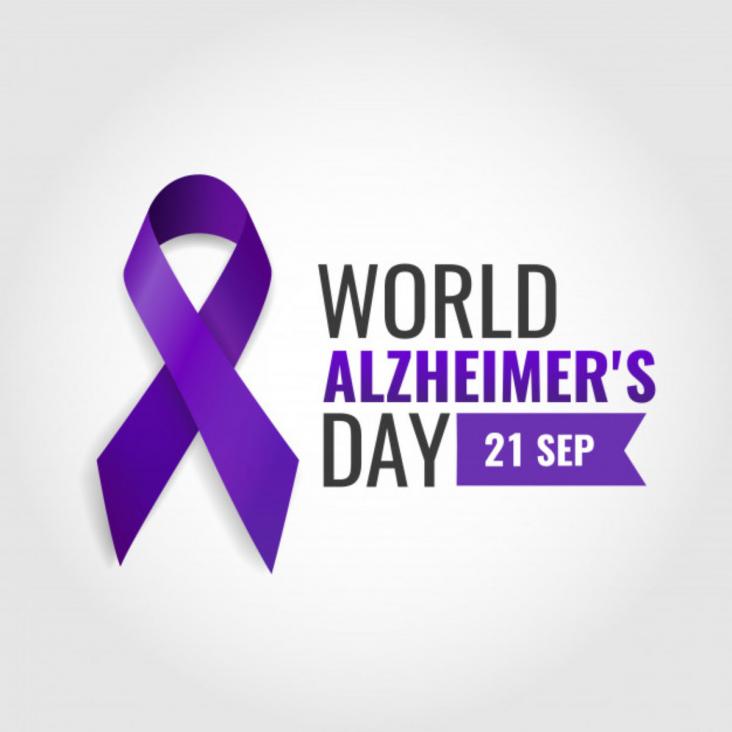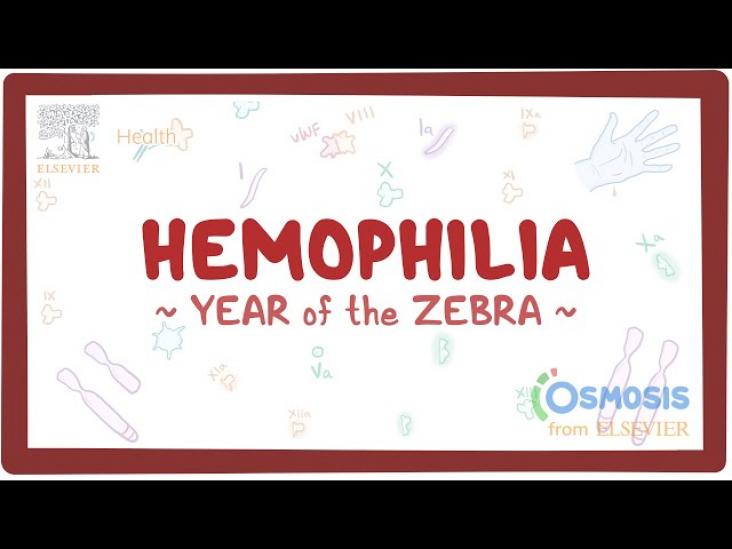This paper evaluates new indications and key mechanism of a clinically approved drug Bazi Bushen capsule for treatment of Aizheimer's disease using network pharmacology approach.
This content ties into the SDG goal by exploring music and how it can best be used to help decrease agitation in patients with Alzheimer's and related dementias
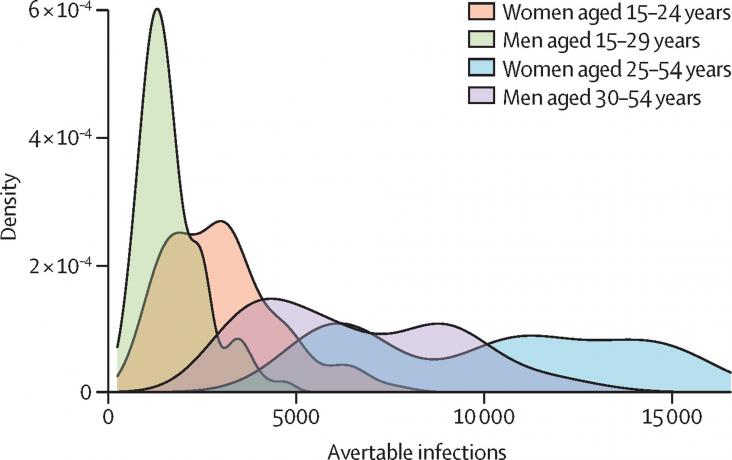
This Article supports SDG 3 by seeking to understand barriers to uptake of HIV-preventive measures, by using a mathematical model simulating the HIV prevention cascade and HIV transmission. The study provides insights into the degree to which these barriers impede effectiveness of these measures and the degree to which they could be mitigated by interventions.
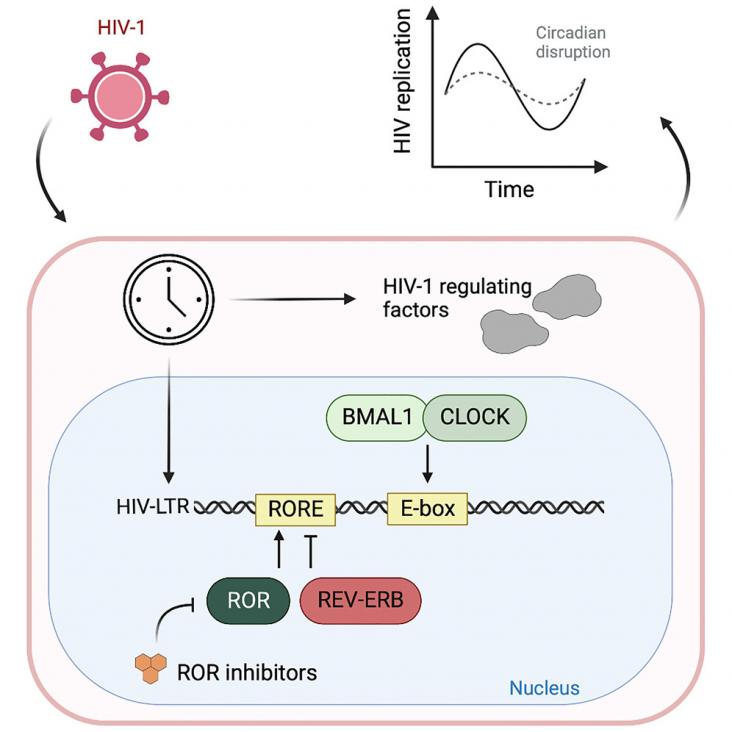
This paper looks at the role of the circadian clock and the regulation of HIV-1 replication.
This Viewpoint supports SDG 3 by discussing how HIV services and primary health care services can be integrated in order to improve HIV outcomes over standalone, siloed HIV care. The reports discusses existing models of integration and the various elements of successful integration.
Research on mitochondrial homeostasis is promising for the treatment of early AD.
This Article supports SDGs 3 and 13 by identifying gaps in air pollution monitoring and regulation and by proposing potential mitigation policies.
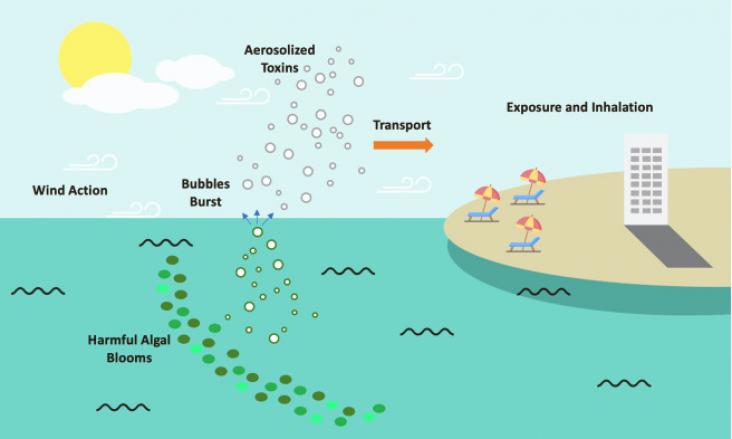
This Article supports SDGs 3 and 13 by identifying knowledge gaps in the relationship between harmul algal bloom aerosols and human health.
